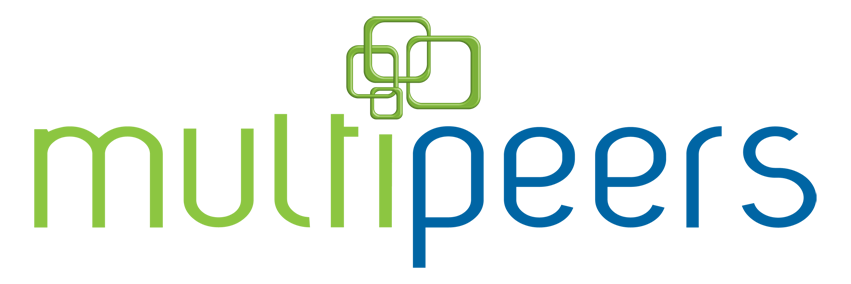The main pillars of information security in companies
We may venture to say that “security” was the most widely heard word for business needs in 2018. Following the entry into force of the new general data protection regulation, companies were effectively concerned with ensuring that their information was secure , adopting new tools and new ways of dealing with the giant wave of data that is generated daily. But what are the main pillars of information security in companies?
Confidentiality
Confidentiality concerns all procedures and policies that allow you to restrict and regulate access to sensitive and confidential information. It is important that in a company the access to information is regulated and that it has several levels, according to the positions and the need of access of each employee. Most computer attacks are from internal sources, so you have to be careful that the company’s most important information does not fall into the wrong hands.
Integrity
Integrity is an important pillar since it allows us to identify if there has been any change in the process or the sending of the data. Data integrity is essential for the smooth running of a business and it is important that the data remain unchanged even after passing through successive people. Confidential data of a company can not be changed by any employee, and there must be a defined procedure for this situation.
Availability
Data must be available whenever it is necessary to access it. Information security can not allow the data to be “in a distant place,” where many steps are required to be able to visualize them. Cloud storage has been gaining more and more “followers” over the last few years as it allows data to be available anywhere, anytime, from any device. However, it is essential that there be care with the safety of the devices used in the company. Having a good antivirus, not opening suspicious emails or visiting unreliable sites are rules that should always be followed.
Authenticity
Authenticity is one of the fundamental pillars of data security. We must know the source of the data we deal with, because only then can we guarantee that they are reliable and current.

